Anastasia Tsayder was born in 1983 in St. Petesrburg and is currently based in Moscow, Russia. Anastasia graduated from the faculty of photojournalism at the St Petersburg Journalists Union. She specializes in documentary photography and contributes to a number of Russian and international publications. In 2012, she was among the winners of Silver Camera Award in Moscow. Her personal projects and portfolio have been published in printed and online magazines, including The Guardian, Prime Russian Magazine, Iskusstvo, Calvert, HERE, Lensculture. Today we take a look at her series Summer Olympics.
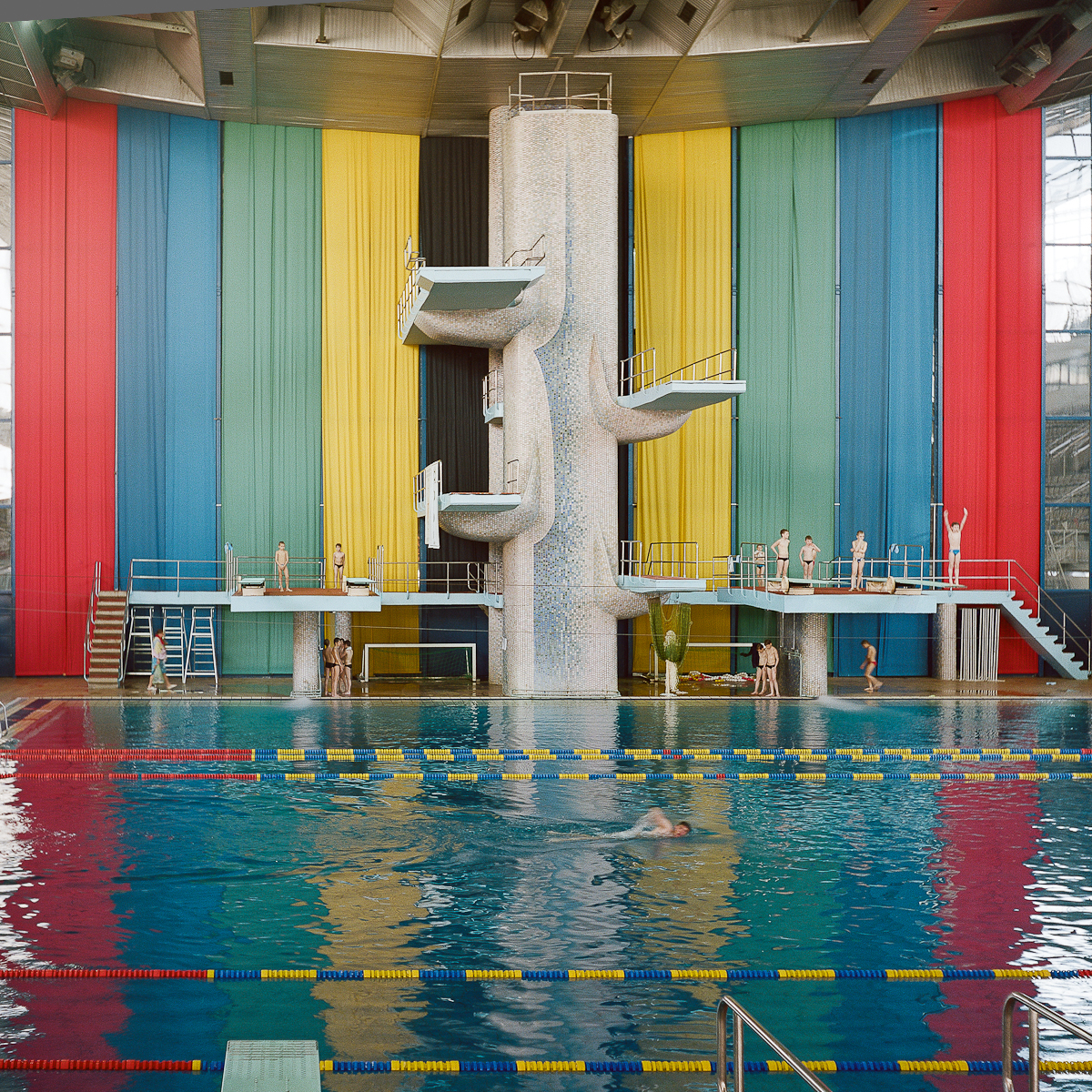
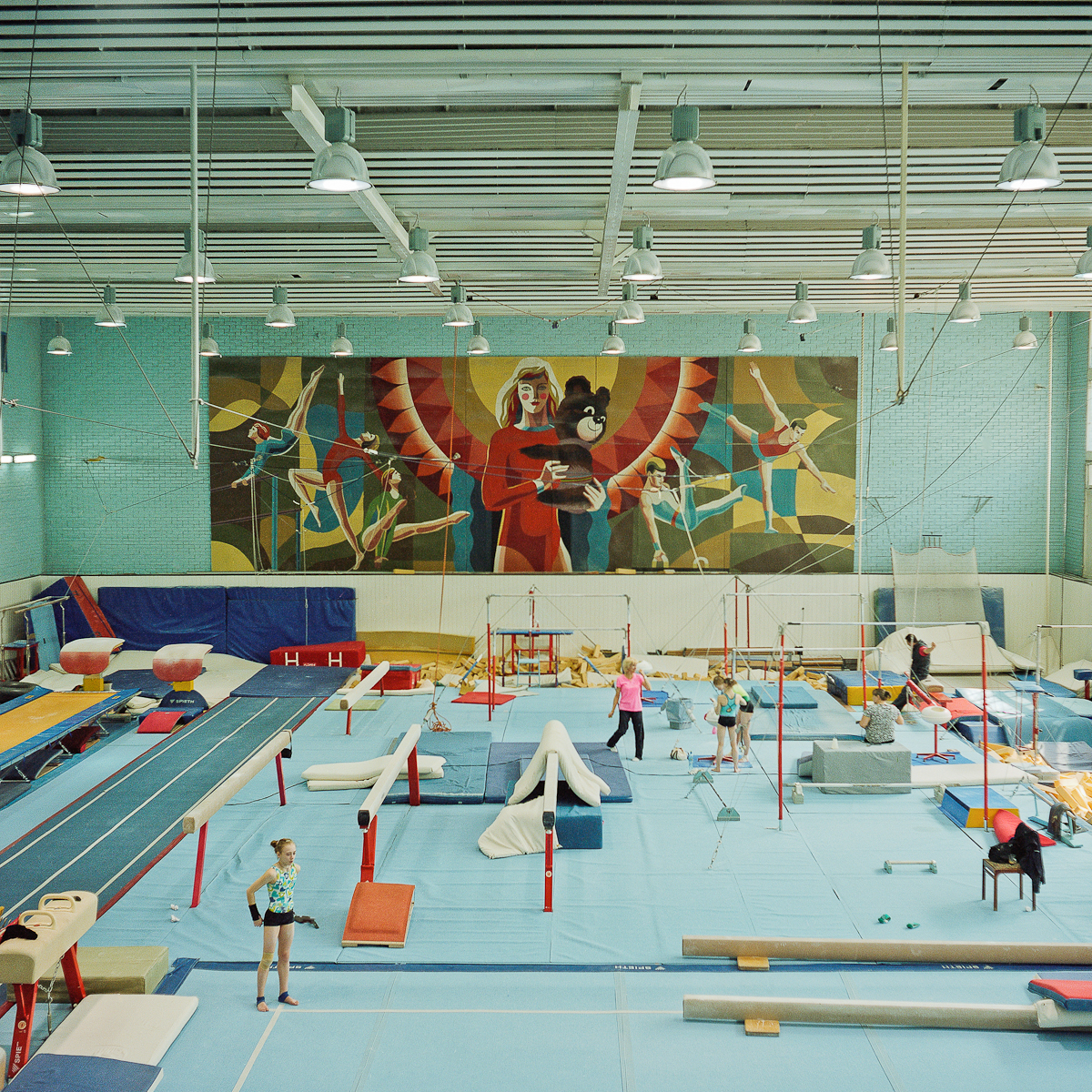
Summer Olympics
This series looks at the heritage of the Moscow 1980 Summer Olympics. The 1980 games became the last bright, all-nation event to happen in the USSR; the last big start meant to prove the superiority of the Socialist regime and ideas of Communism over Capitalism.
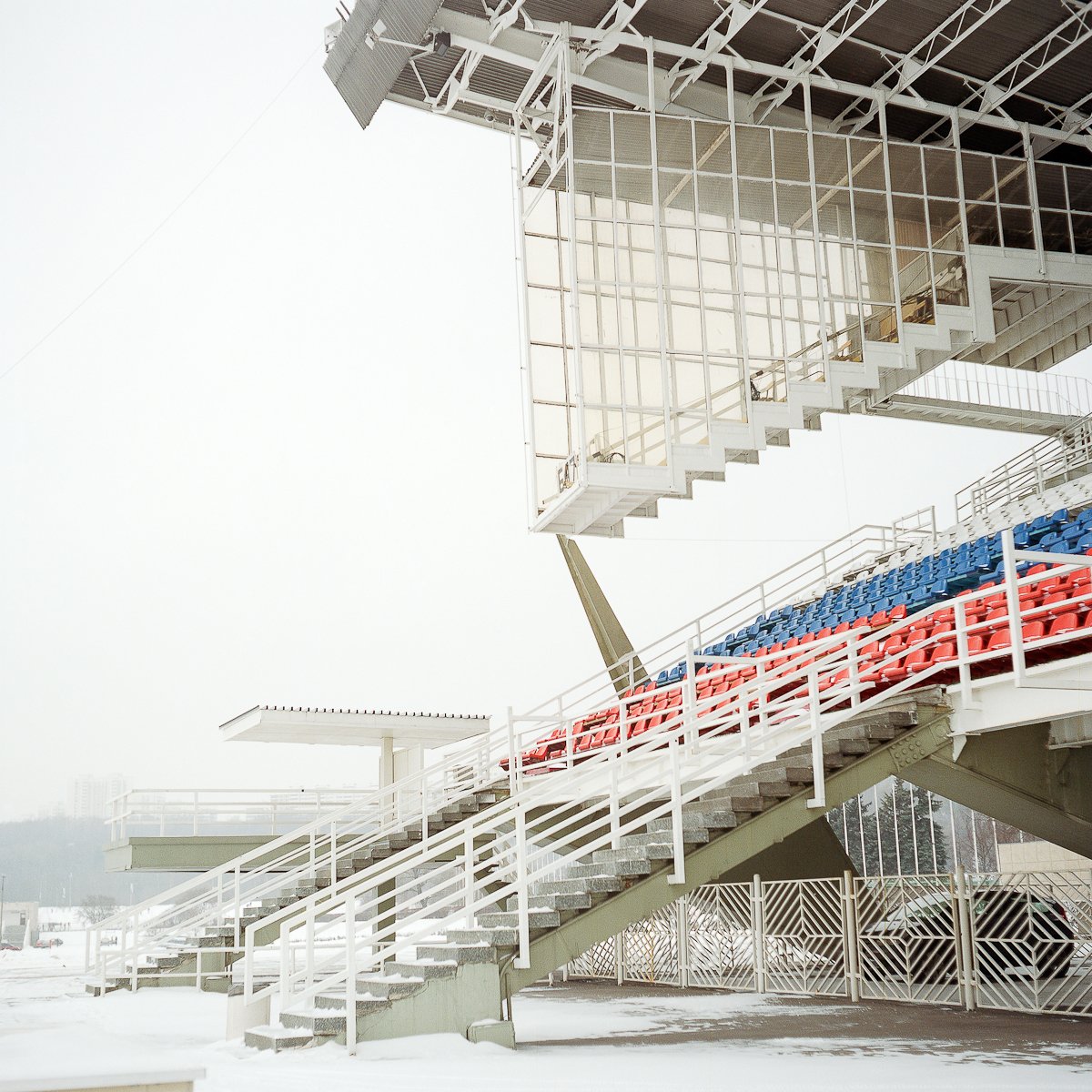
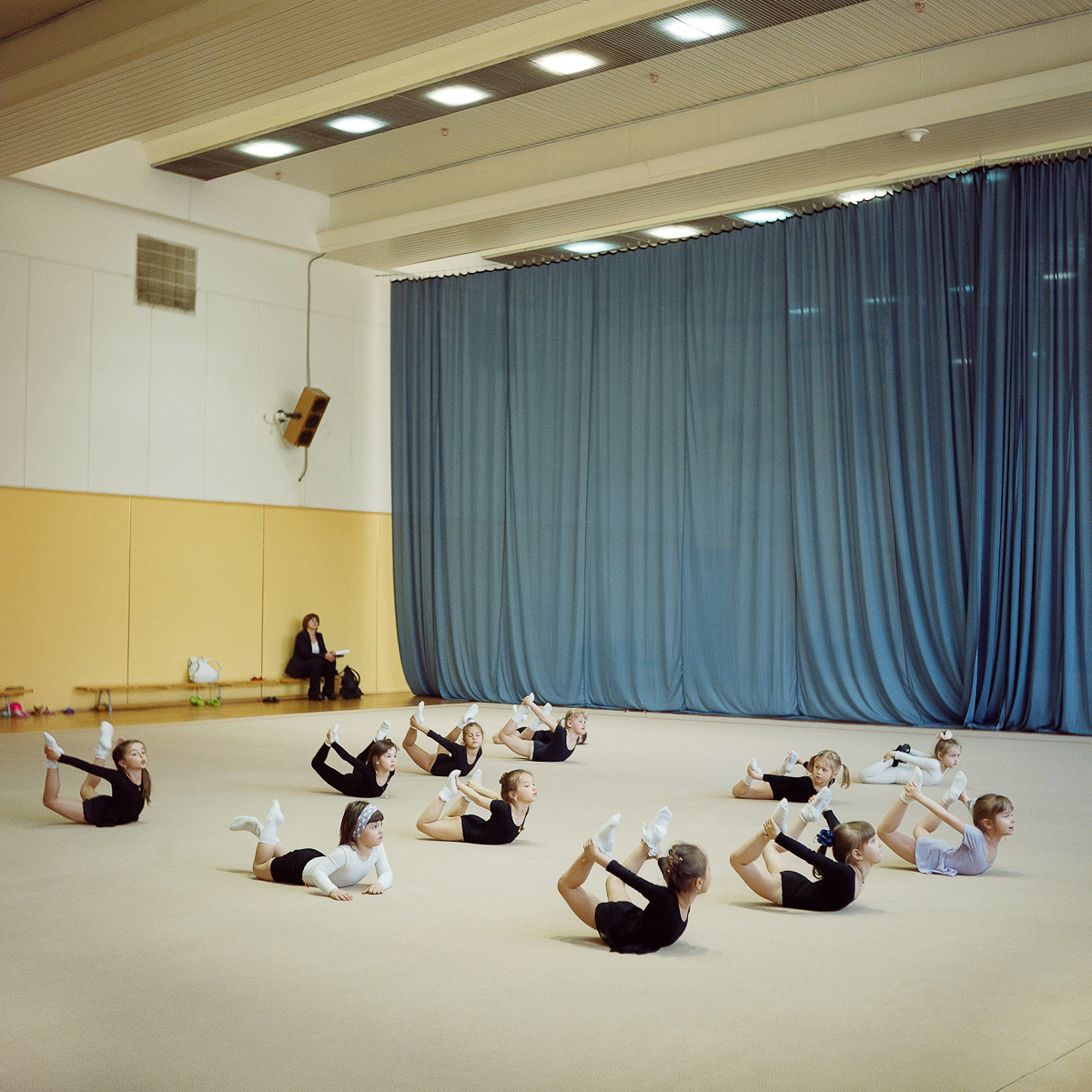
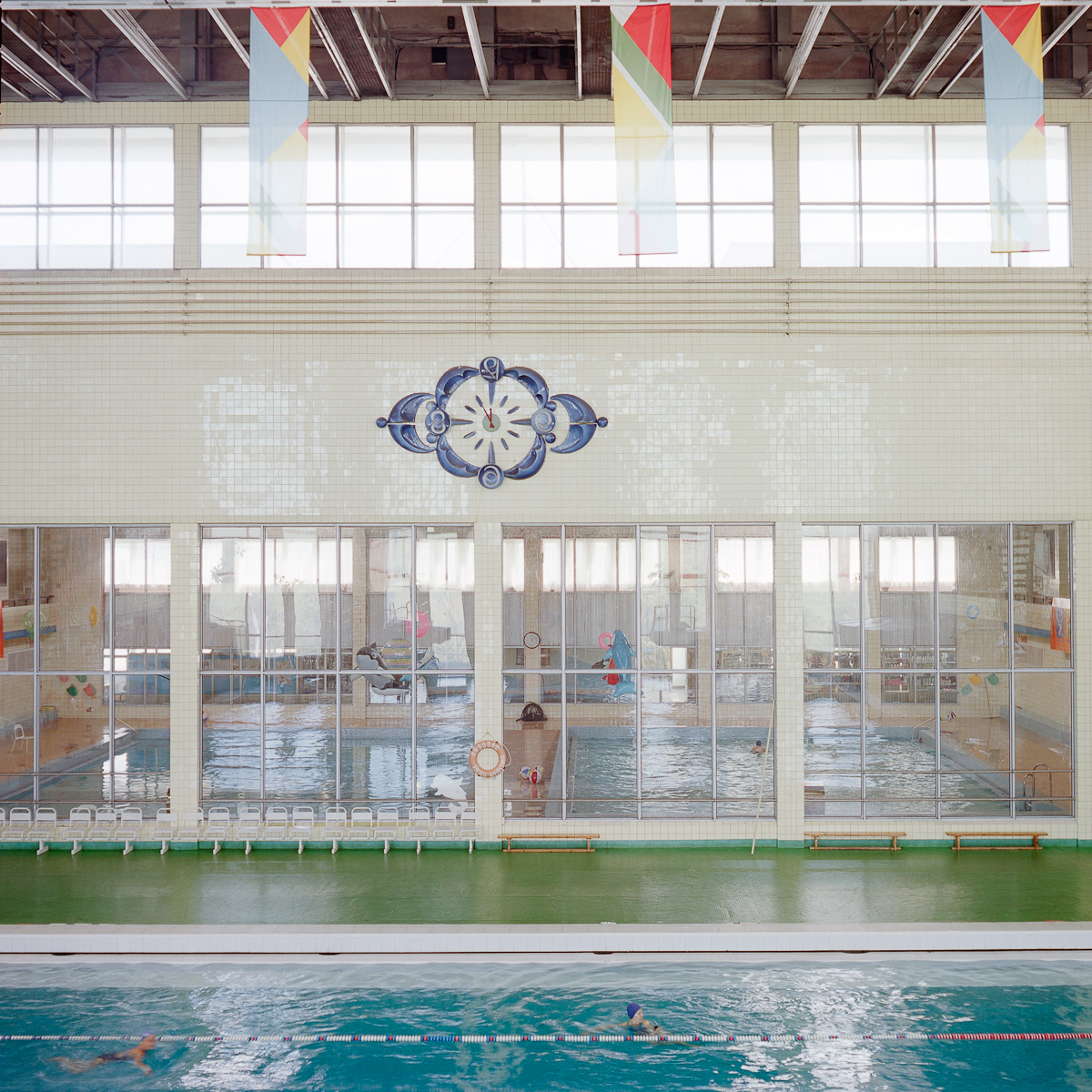
Olympic buildings, mostly designed in 1975-1978, a period still marked with optimism and hopes for a bright future, acted as a manifestation of prosperity and power of the Soviet State.
Up until very recently the very word Olympics in Russia was mainly associated with the 1980 Moscow Olympics. This changed after the success of Russia’s bid to host the 2014 winter games in Sochi, now marked by mass relocations of local residents, corruption scandals, and constant growth of expenses.
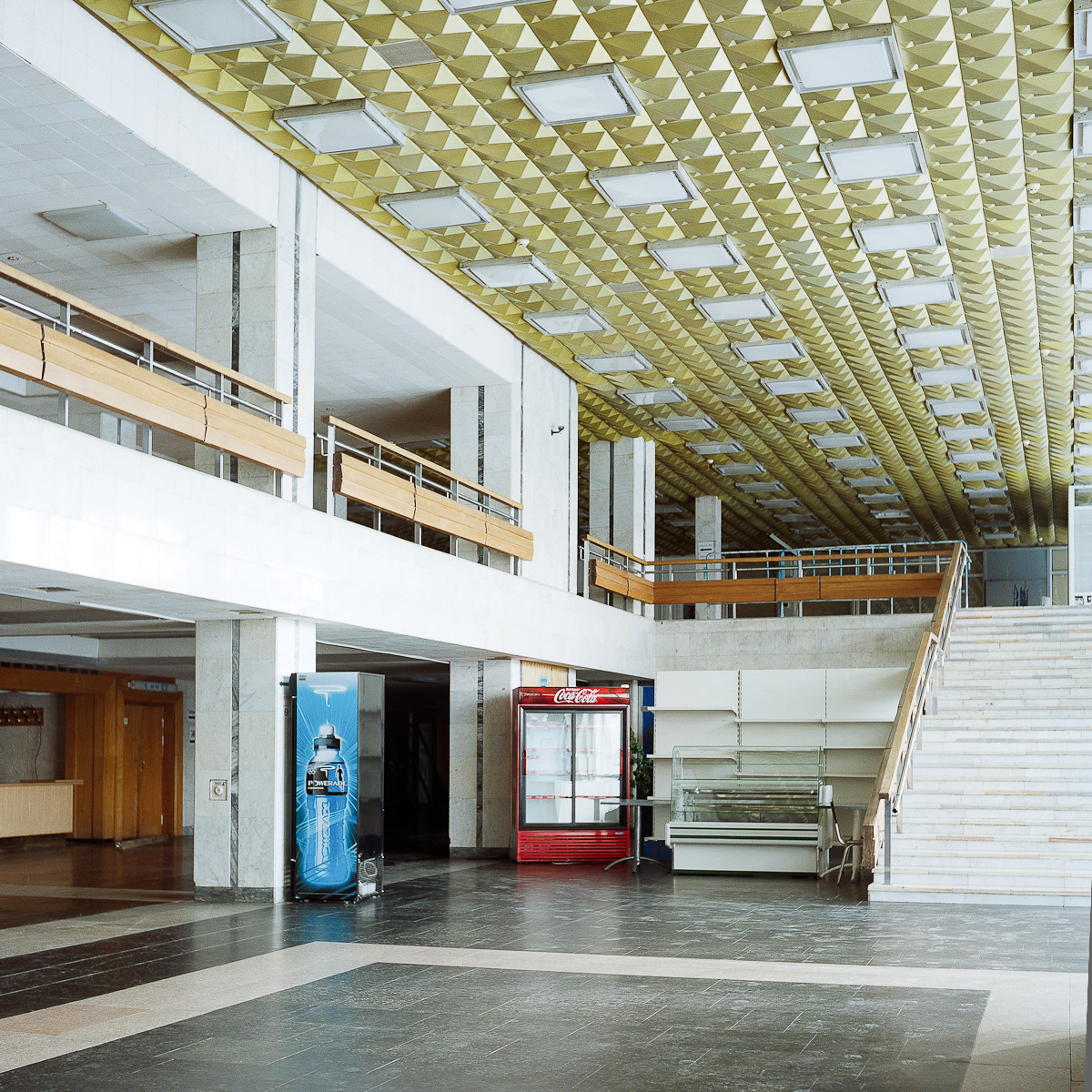
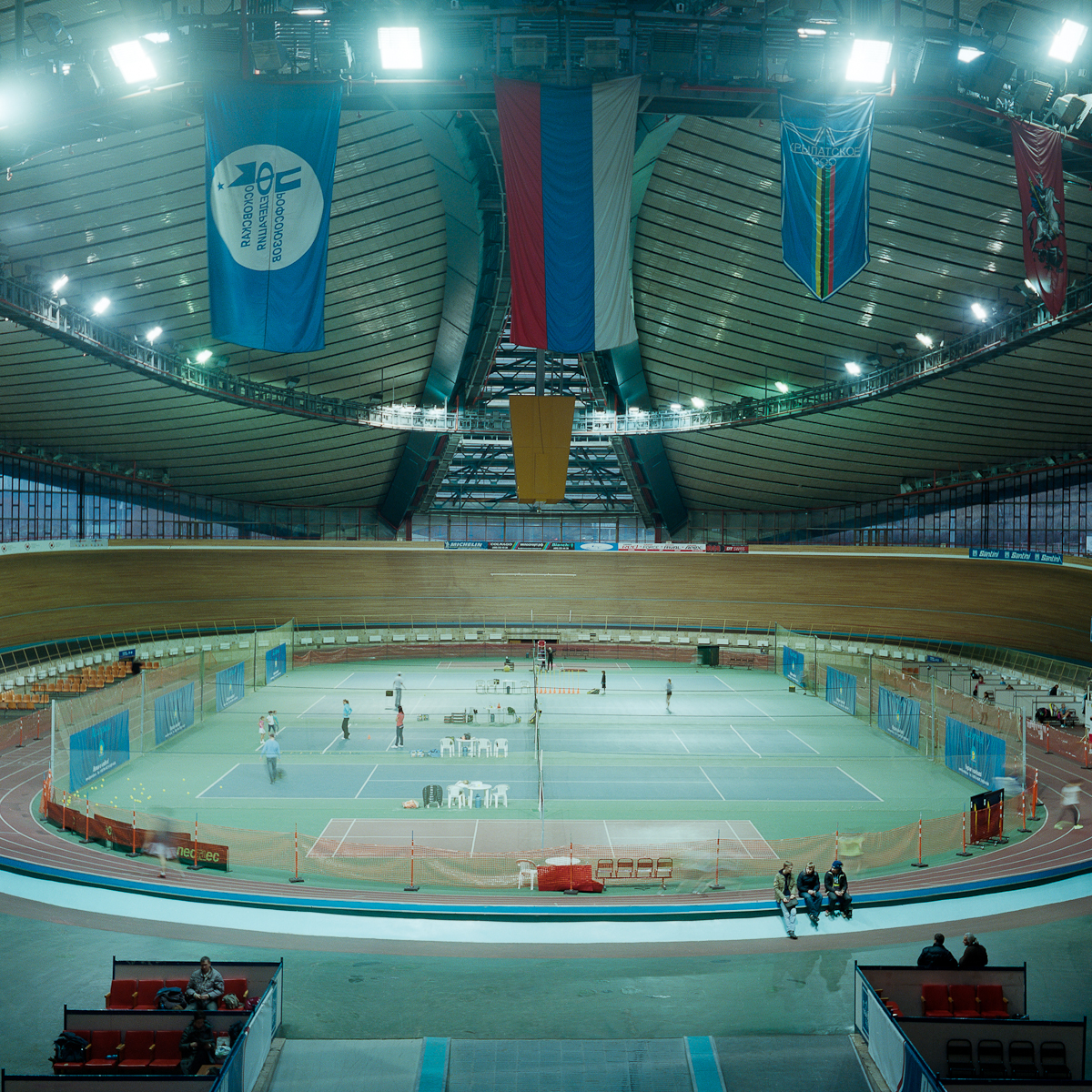
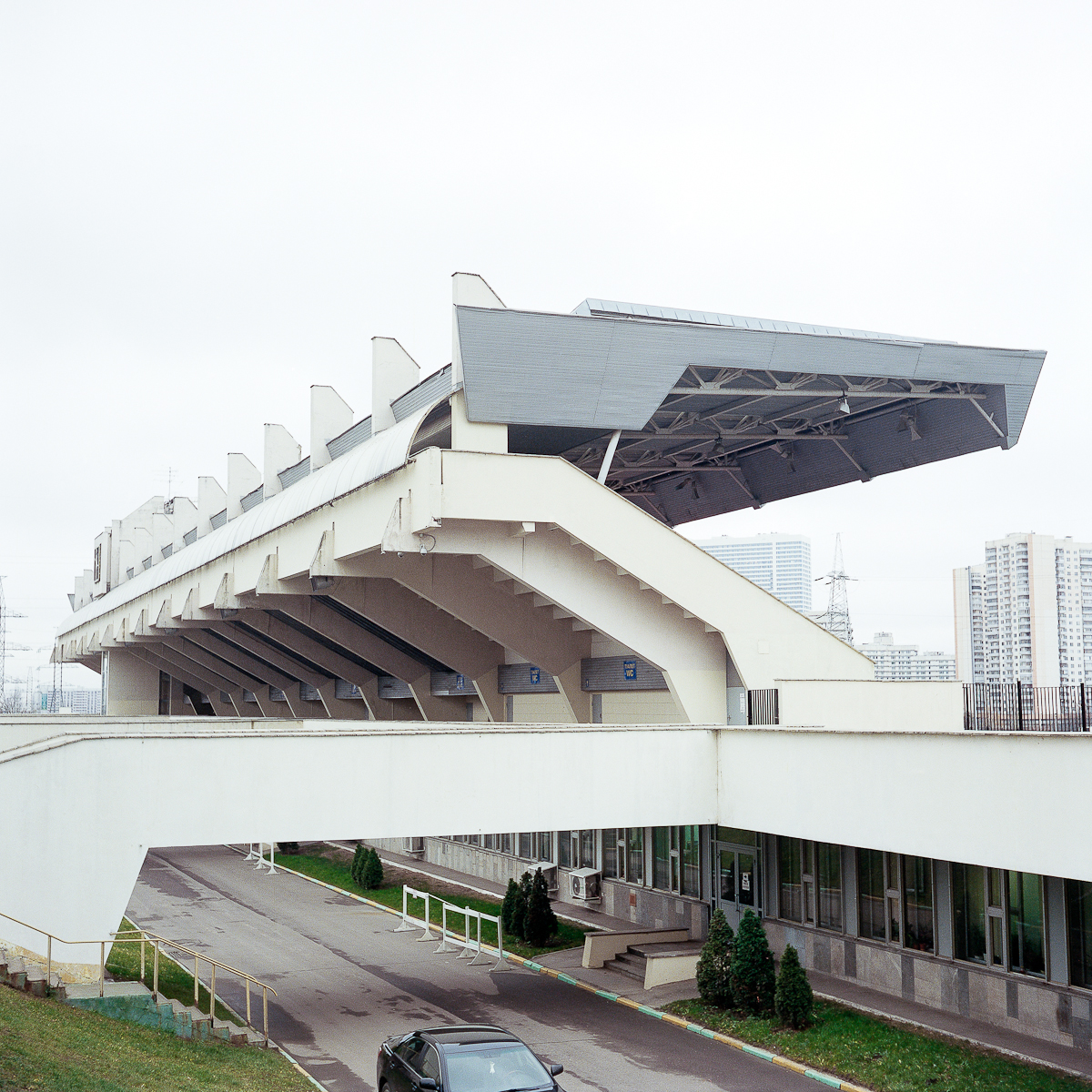
While costs of Sochi olympic construction can be calculated and to an extent forecasted, the exact cost of 1980 Olympics remains unknown due to the specifics of the Soviet planned economy. There is an opinion that the 1980 Olympics were at times close to failure due to unforeseen increases in costs, construction works lagging behind schedules (some of the venues are said to have been completed one day before competitions were to start), security concerns after the Munich Olympics, and the fear of political sabotage from the “rival capitalist regime”. Some go even further to say that the USSR may have never fully recovered from the cost of the Olympics, and this could have been one of the reasons of its collapse.
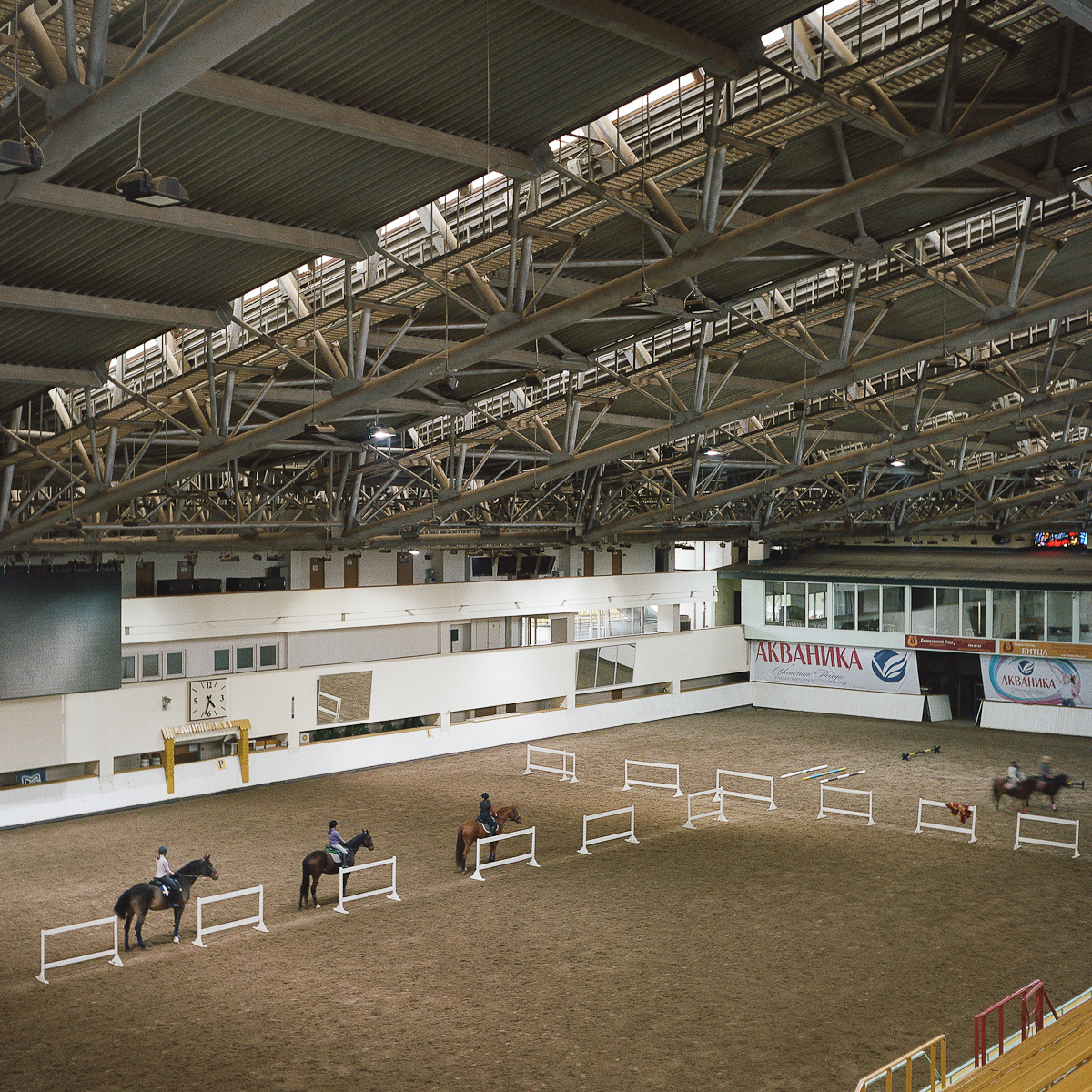

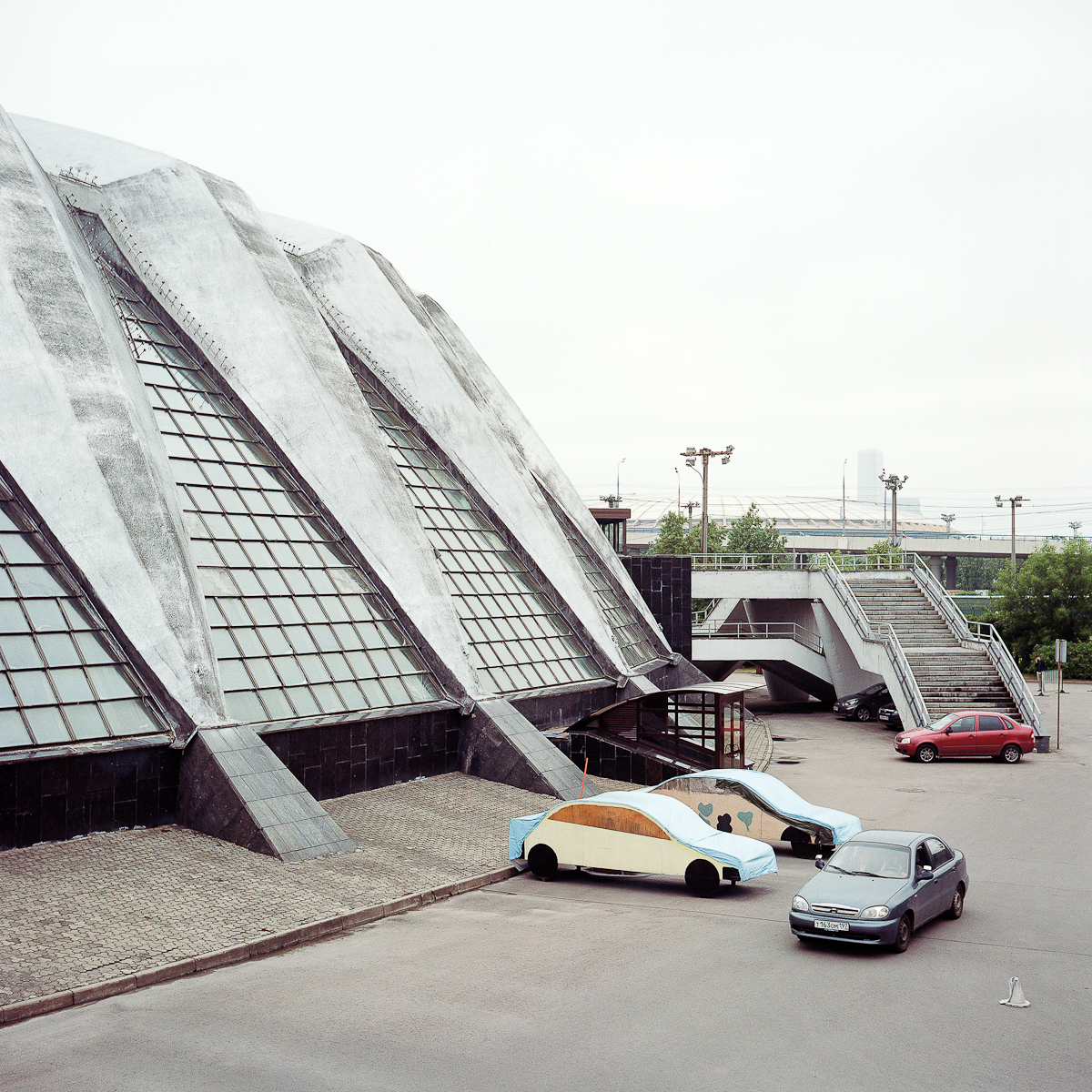
The heritage of the Moscow Olympics serves as an example of what may happen to Olympic venues in a time span of 30 years. Certain venues are still used as intended, some were adapted for new functions, some are left half abandoned. Many buildings did not blend into city structure. Initially conceived like messengers from the Future, they now look like aliens from the Past.
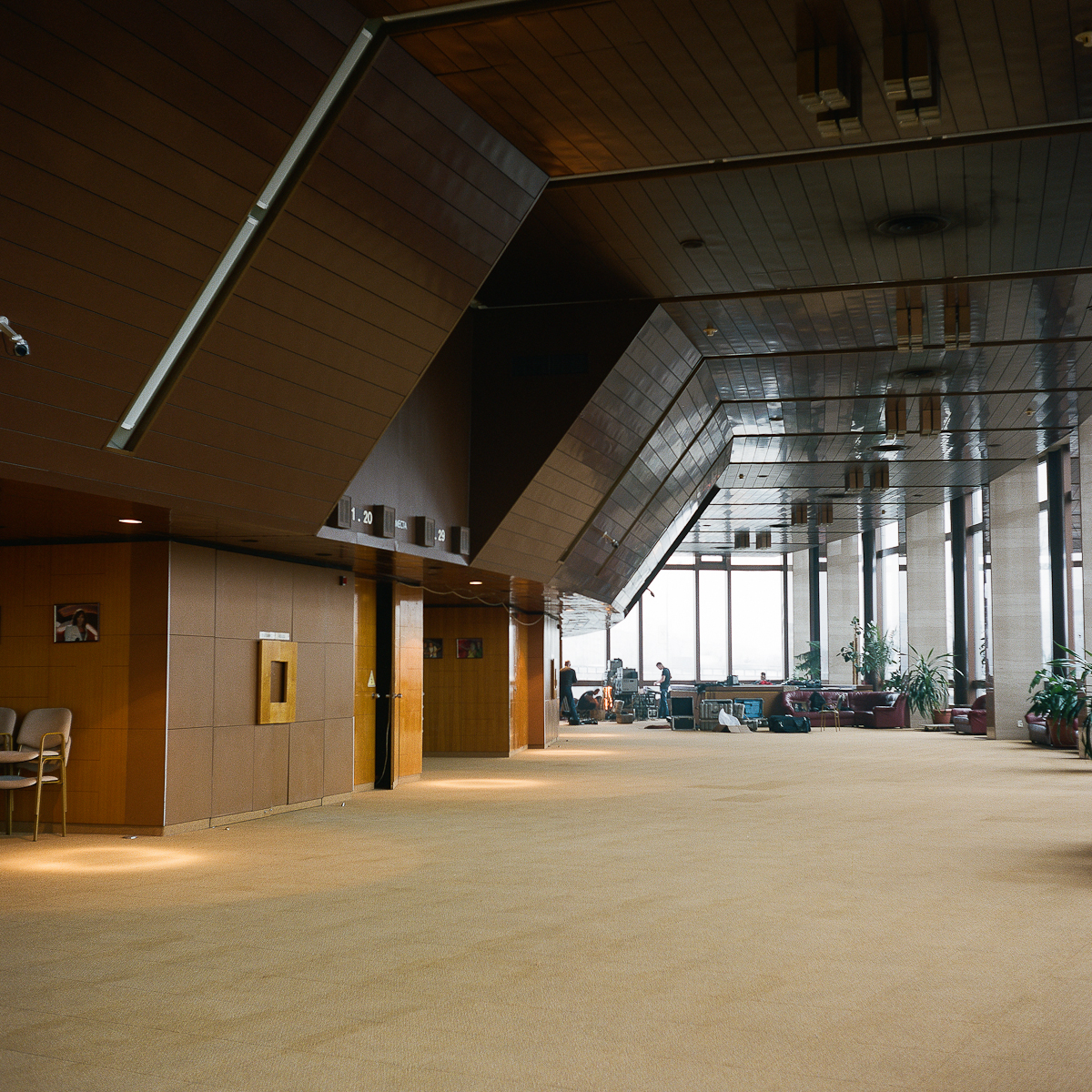
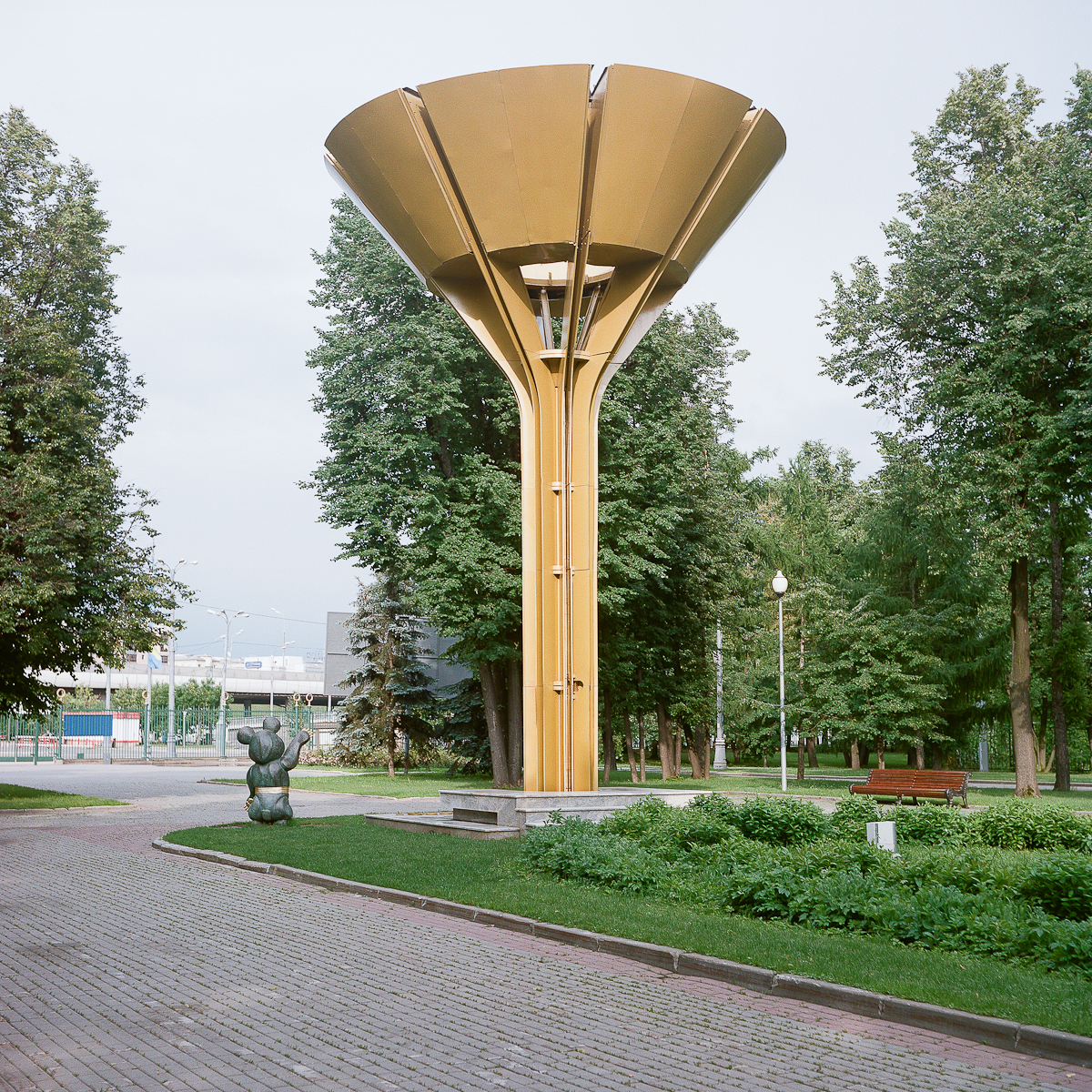
To view more of Anastasia’s work, please visit her website.